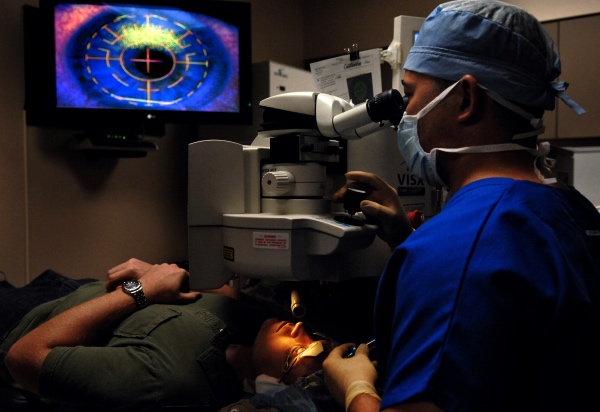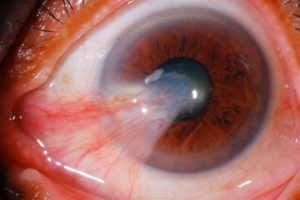
LASIK eye correction surgery has helped many throw away their glasses, improving their vision dramatically. Nonetheless, there are risks associated with LASIK and long-term safety and effectiveness following the procedure is unknown. Thus, it is important for the patient and his or her eye care professional to determine the expected outcomes following LASIK eye surgery and what may be done in order to predict and address these adverse outcomes.
What is LASIK Surgery for Vision Correction?

LASIK is a laser-assisted surgical procedure utilised to permanently change the cornea’s shape for better vision. The procedure can be used to correct short-sightedness, far-sightedness and astigmatism.
Most LASIK patients experience improved vision with minor complications following surgery. For many, this represents an improved quality of life, enabling one to throw away the glasses or contact lenses and the costs associated with these visions correction options.
It must be noted, however, that results achieved for those patients who present with a large refractive error are generally not as good as for those who have a lower refractive error. In addition, for some farsighted patients, results of LASIK eye correction surgery may decrease with age, with many patients requiring corrective lenses or daily contacts that maintain eye moisture at some stage following the procedure.
Risks Associated with LASIK Eye Correction Surgery
 As with all surgical procedures, there are many risks associated with LASIK eye correction surgery, some of which can be very serious.
As with all surgical procedures, there are many risks associated with LASIK eye correction surgery, some of which can be very serious.
More common complications following LASIK surgery include:
- Abrasion
- Diffuse Lamellar Keratitis (DLK), which occurs when dead cells become lodged beneath the corneal flap and the cornea then initiates an inflammatory response against the dead cells
- Induced astigmatism, which may result when the corneal surface is not smooth or if the laser surgery is not performed correctly
- Dry eye
- Infection
- Over or under correction of refractive error, which can result in blurry vision or visual disturbances
The above complications can be treated, although if DLK or infection is not treated in time, scarring may occur resulting in reduced vision. There are several more serious complications that may occur following LASIK eye surgery, which can result in permanent damage to the eye and a person’s vision. These include:
- Night vision problems, where patients may experience glare, halos, and/or double vision, which can permanently affect their night-time vision
- Loss of vision that cannot be corrected through the use of corrective lenses or surgery as a result of incorrect surgery being carried out
- Severe dry eye, which causes discomfort and also visual problems due to intermittent blurring
While the benefit of LASIK eye correction surgery is greatly improved vision for many, some patients experience adverse effects following this procedure. While some complications resolve quickly and are easily addressed by wearing mid-priced premium prescription contact lenses, others have long-lasting or permanent effects. Experts seek to reduce the risk of adverse outcomes associated with LASIK eye surgery by identifying specific predictive factors that may relate to how one’s quality of life is affected by the procedure. As such, this will help lead to reduction in the number of patients who have such adverse outcomes.
